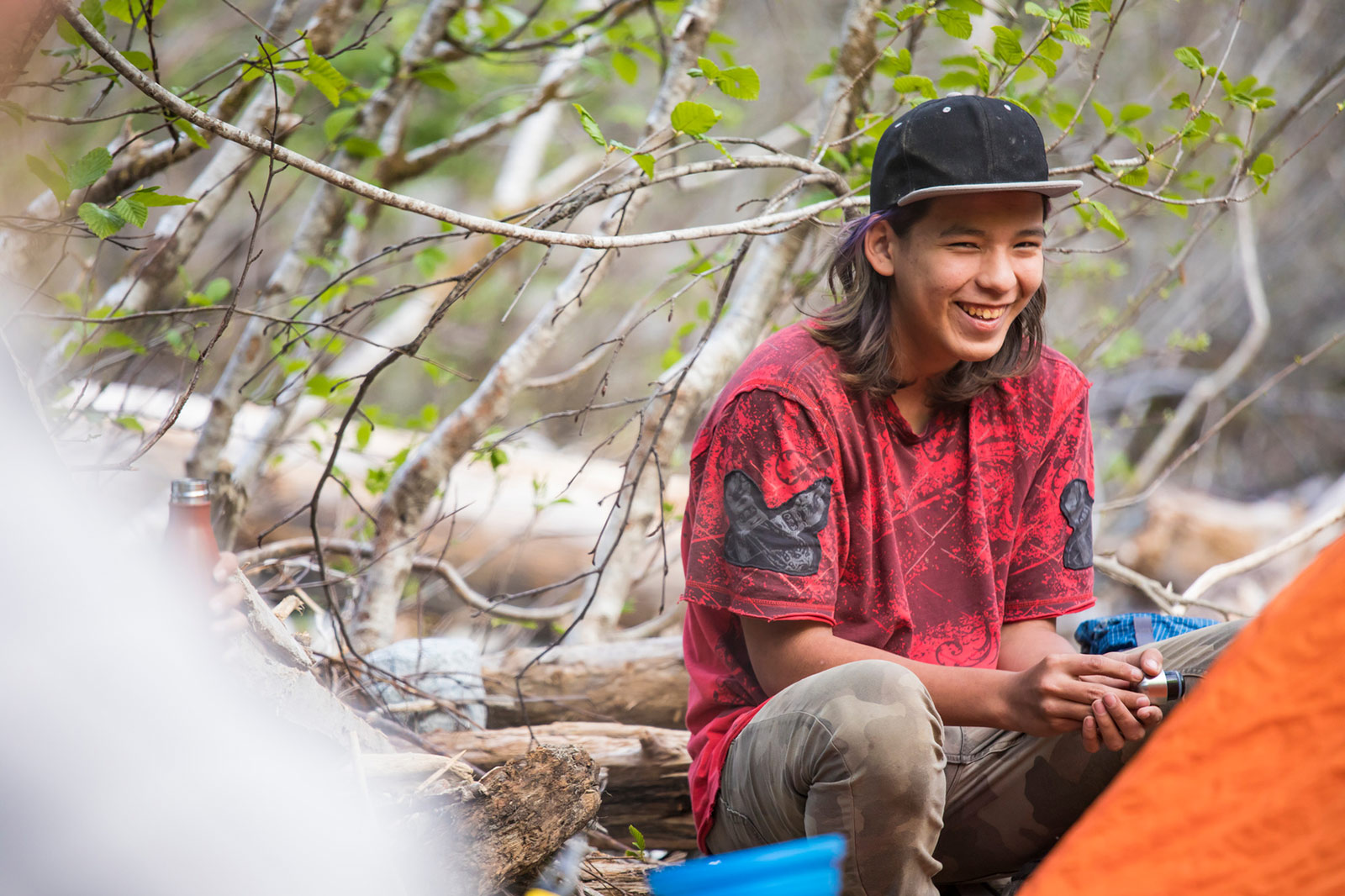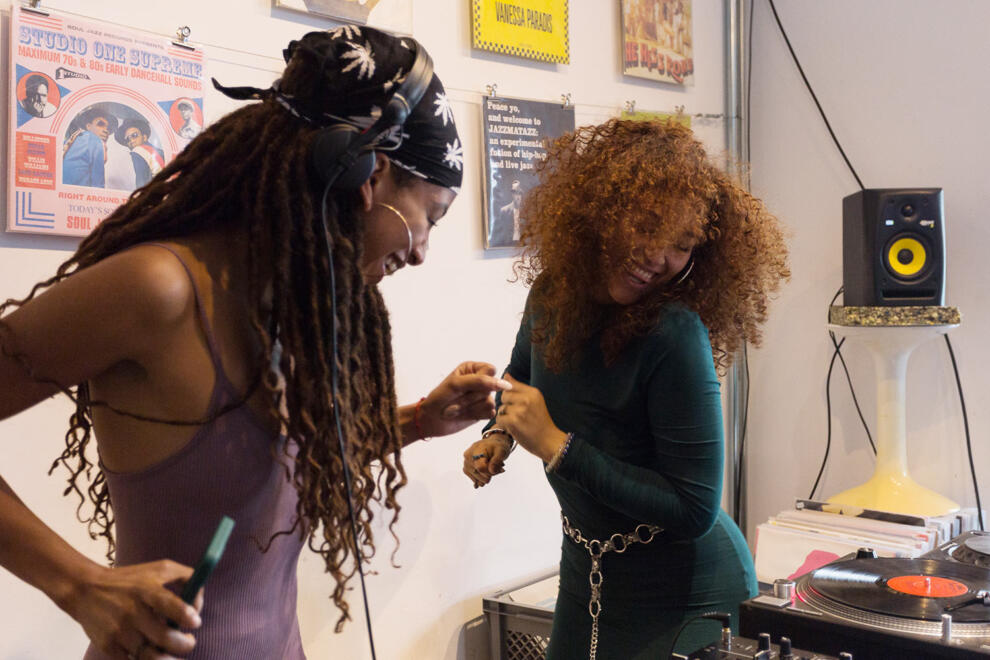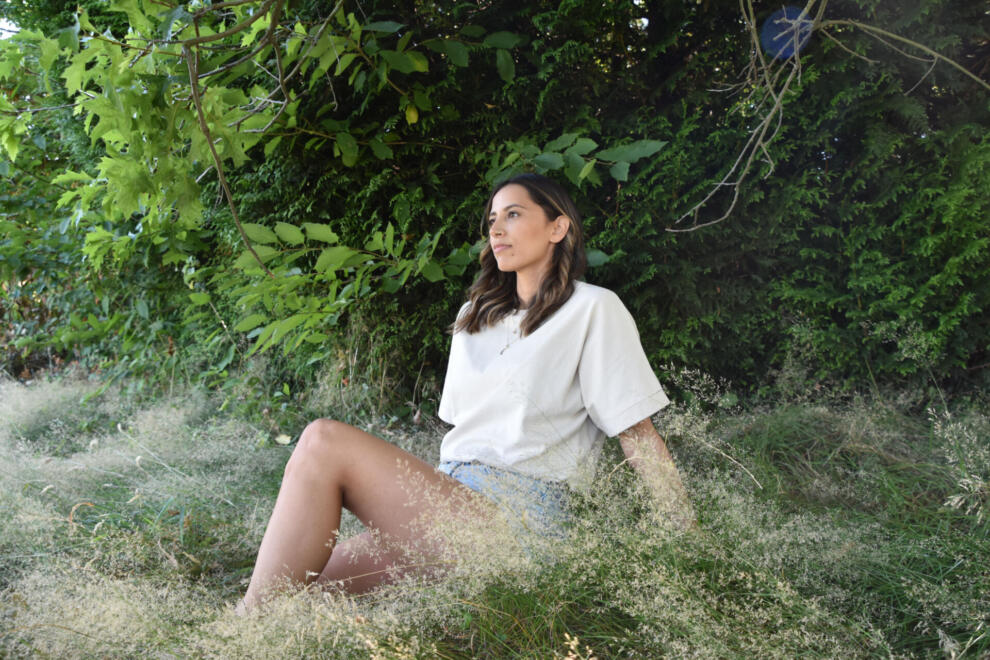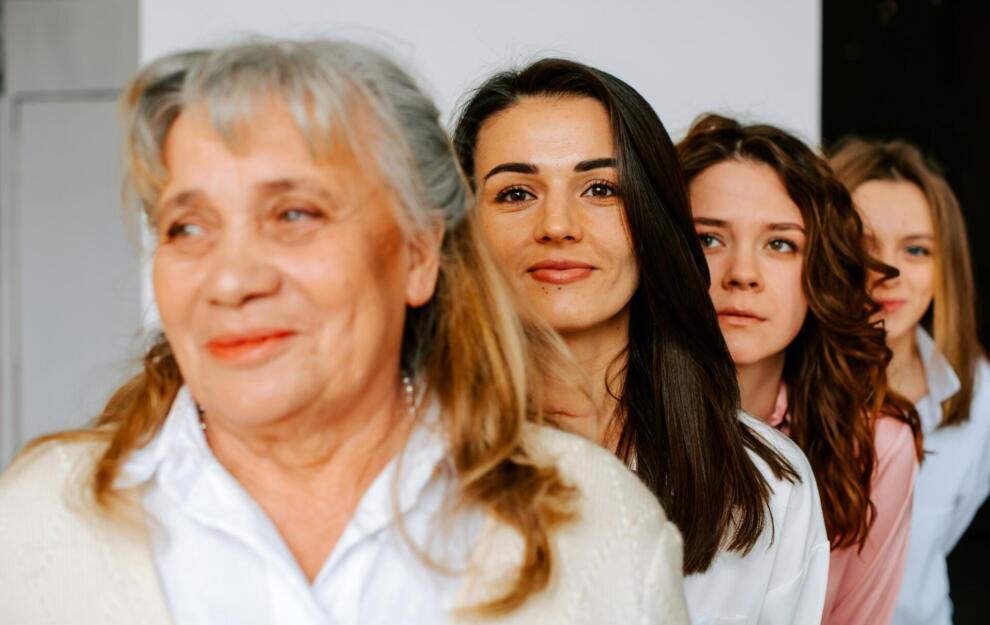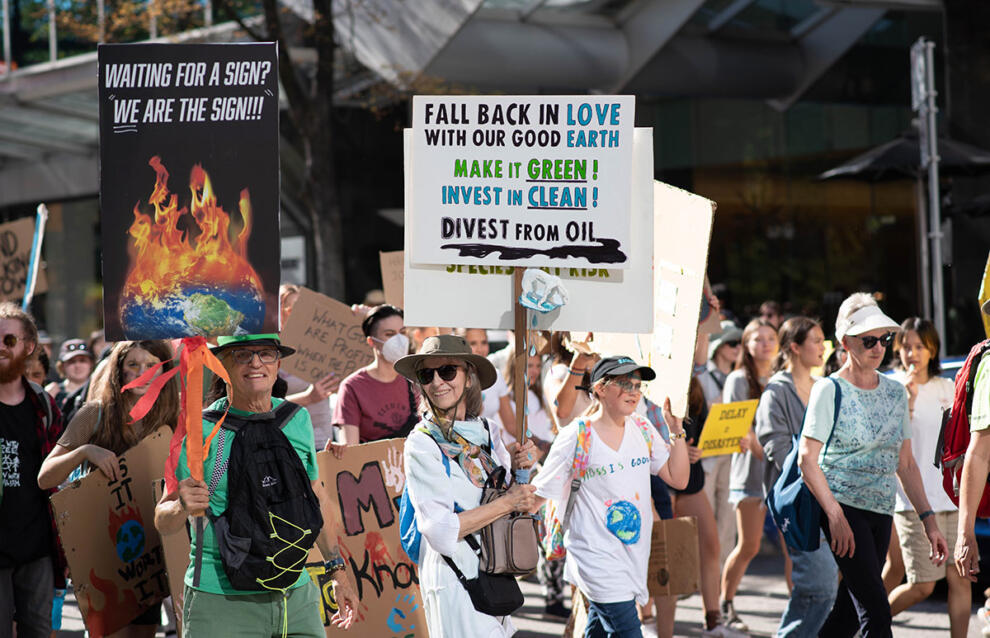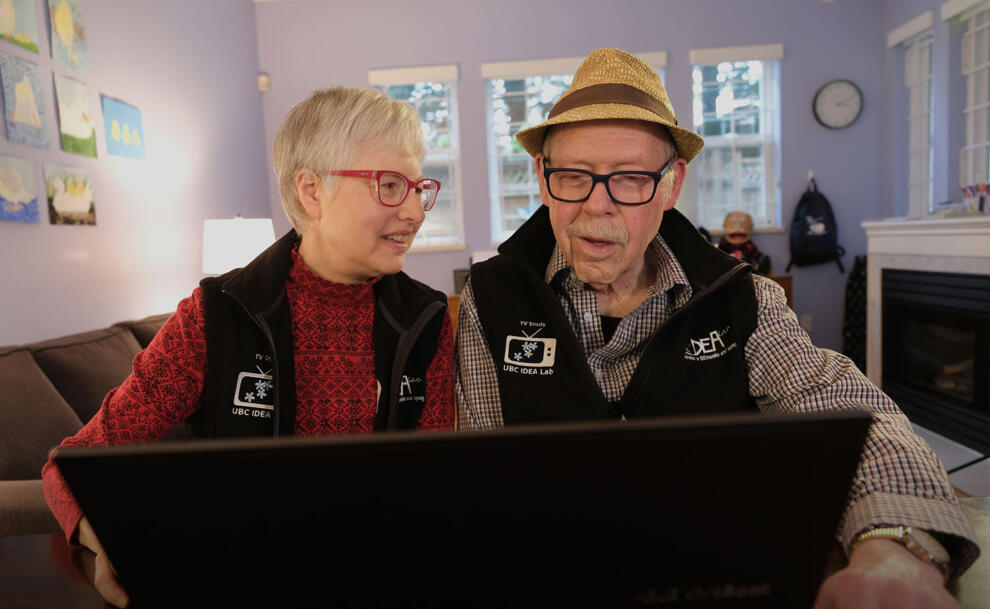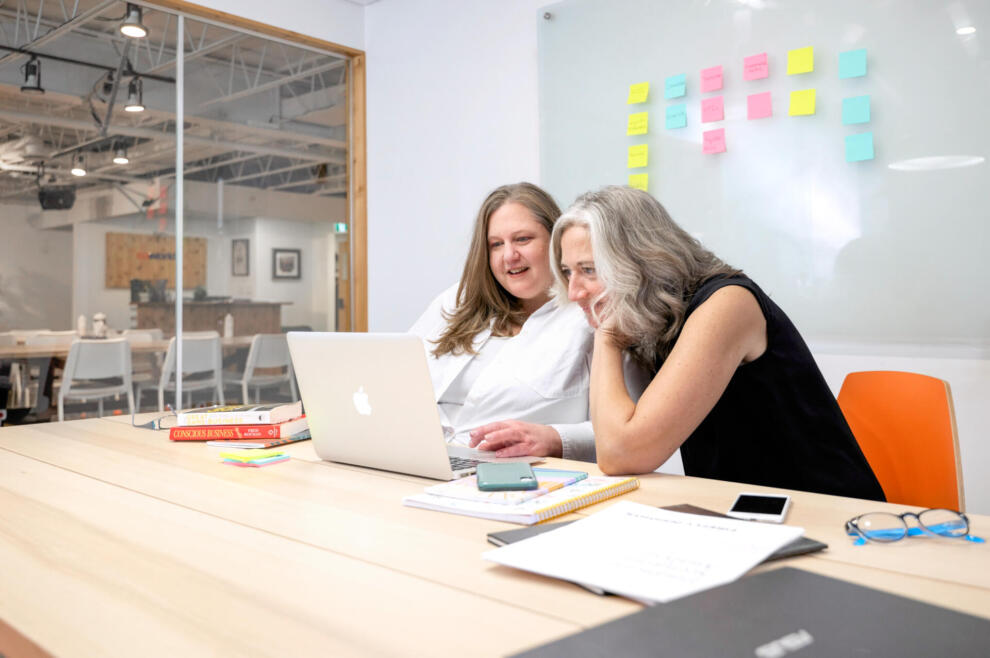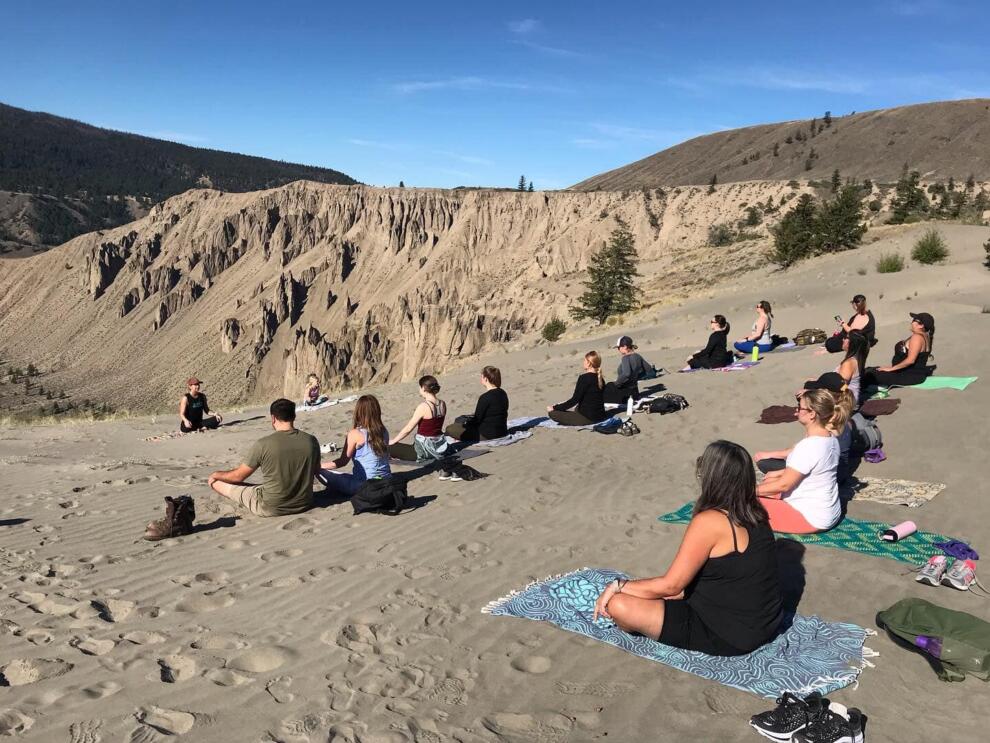Show Up, Listen and Engage this National Indigenous Peoples Day
By Jenn Wint
June is National Indigenous History Month. June 21 is National Indigenous Peoples Day, celebrated in Canada annually as a day to recognize and honor the cultures, histories, and contributions of First Nations, Inuit, and Métis peoples. Originally known as National Aboriginal Day, this day was established in 1996 as part of the Celebrate Canada program. It was officially renamed in 2017 to better reflect the diverse Indigenous communities across the country. National Aboriginal Day falls on the summer solstice, the longest day of the year so there is lots of daylight to celebrate and recognize this important day. Here are some ideas:
How to Recognize National Indigenous Peoples Day:
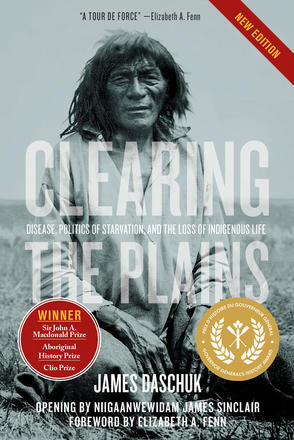
- Educate Yourself:
Learn about the histories, cultures, and contemporary issues faced by Indigenous peoples.- Watch The Pretendians, a film featuring Anishinaabe author and playwright Drew Hayden Taylor follows his cross-Canada journey and reveals what really lies behind the explosive issue of people who claim distant Indigenous heritage .
- Read Clearing the Plains: Disease, Politics of Starvation, and the Loss of Aboriginal Life by James Daschuk, a historical account of health disparities between Canadians and Indigenous peoples living in what is now Canada.
- Listen to Pieces, a podcast about a 19 year old boy of mixed Indigenous and white heritage, and his life experienced through both vantage points.
- Dance to traditional and modern music and songs by Indigenous artists like Joey Stylez.
- Share by using social media, dinner parties and chats at school pick-up to share what you’ve learned with others. Make recommendations for books, films and podcasts.
- Show Up:
- Attend a Sunrise Ceremony: Many First Nations observe the start of National Aboriginal Day On June 21st with a sunrise ceremony, one of the most ancient and revered rituals practiced today. It is a deeply spiritual and personal ceremony performed to mark and welcome the beginning of a new day, as well as express appreciation and thanks for life and nature.
- Community Events: Participate in local events organized by Indigenous communities, such as cultural festivals, celebrations and traditional ceremonies.
- Virtual Events: If you cannot attend in person, look for online events and webinars that celebrate Indigenous culture and knowledge.
- Support Indigenous Businesses and Artists:
- Purchase Goods: Buy products from Indigenous artisans and businesses. Check out shopfirstnations.com
- Promote Indigenous Work: Use your platform to promote Indigenous artists and businesses.
- Engage in Cultural Practices:
- Learn Traditional Practices: Find and join workshops or activities that teach traditional Indigenous skills and crafts. Try Talaysay Tours on BC’s West Coast.
- Respectful Participation: Engage with these practices respectfully and with an understanding and appreciation of their cultural significance.
- Reflect and Acknowledge:
- Land Acknowledgments: In June and all year long, begin meetings or gatherings with a land acknowledgment, recognizing the traditional and stolen territories of Indigenous peoples.
- Reflect on History and Reconciliation: Reflect on the history of Indigenous peoples in Canada, including the impacts of colonization, residential schools, and ongoing challenges. Learn about reconciliation initiatives around Canada.
- Advocate for Indigenous Rights:
- Support Policy Changes: Advocate for policies that support Indigenous rights and sovereignty.
- Donate: Contribute to organizations that work towards improving the lives, communities and preservation of the cultures of Indigenous people.
- Build Relationships:
- Engage with Indigenous Communities: Build meaningful relationships with Indigenous people and communities based on respect, understanding, and reciprocity.
- Volunteer: Offer your time and skills to support Indigenous-led initiatives and community programs.
Recognizing National Indigenous Peoples Day involves both celebration and reflection, ensuring that the rich cultures, significant contributions, history, heritage, resilience and diversity of First Nations, Inuit and Métis across Canada are honored and respected. Indigenous joy is as important to recognize as the challenges Indigenous people have faced. Dance, music and laughter are important parts of Indigenous culture. Find an Indigenous playlist to enjoy while you decide how to recognize National Indigenous Peoples Day this June 21.
So much has changed. We’re healing. We’re rising.
– Jesse Wente, Anishinaabe Writer. Broadcaster. Speaker. Arts Leader.
